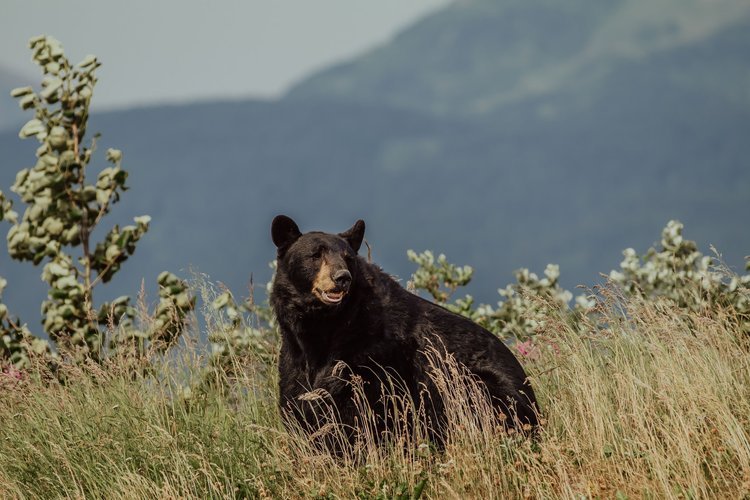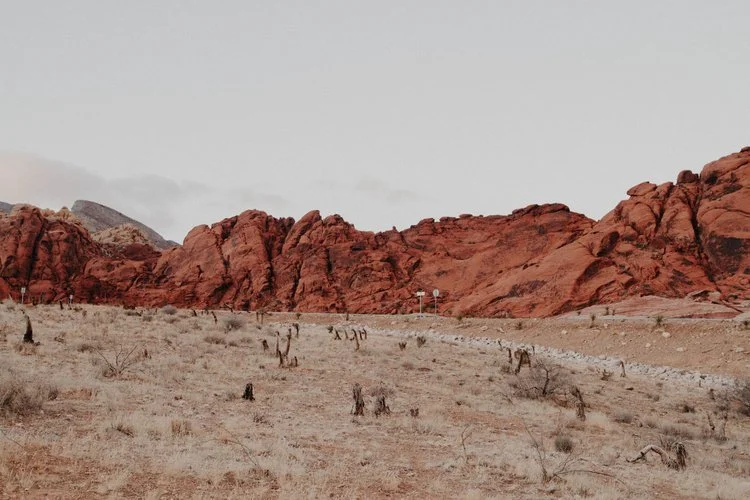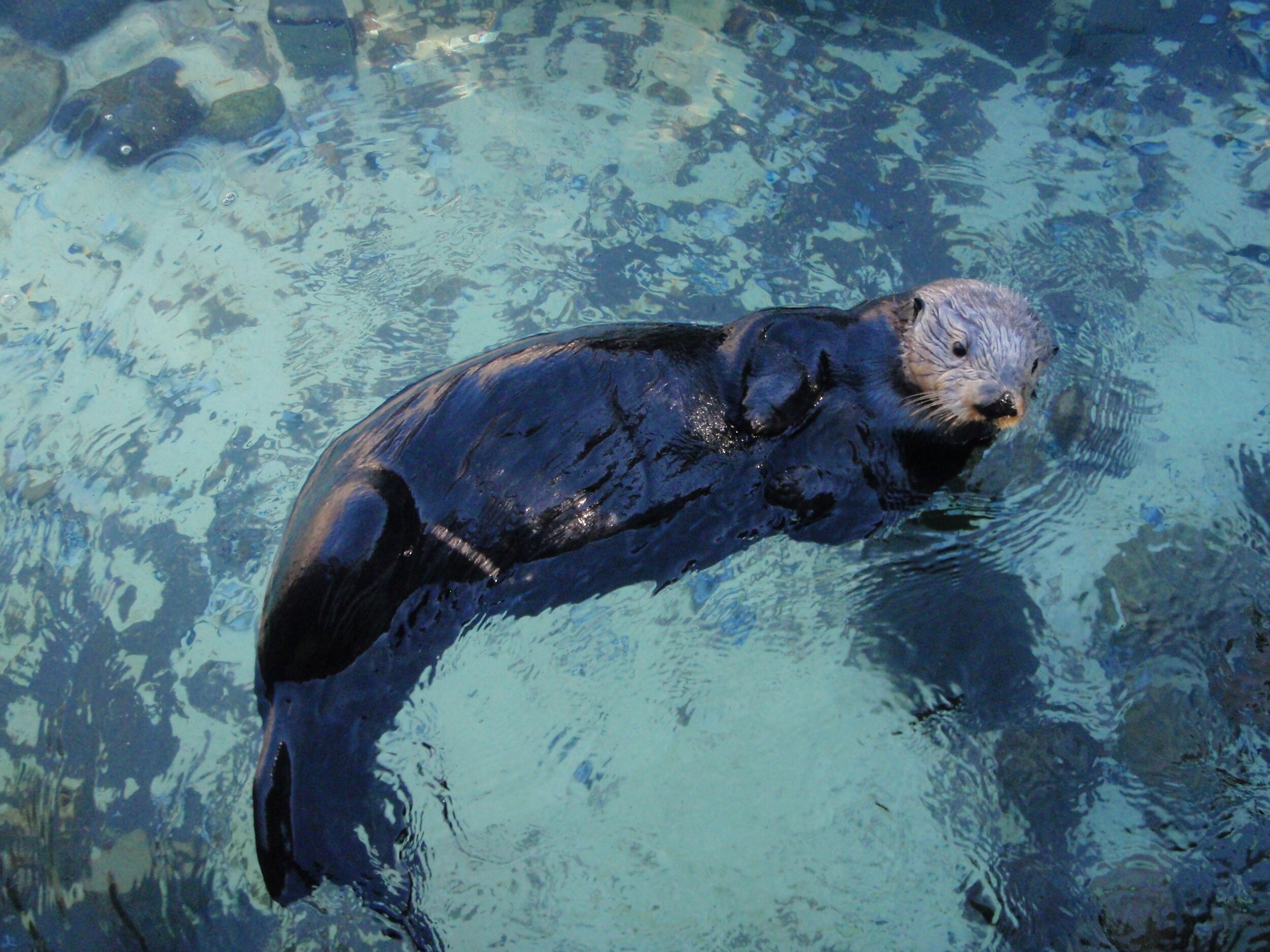
Current Featured Research Projects
Maine Wood Turtle Project
Wood Turtles are internationally listed as endangered and proposed for federal listing under the Endangered Species Act. Our team of researchers developed the Wood Turtle Project to understand the species’ ecology, improve management decisions, and provide aid to conservation law enforcement officers. The project consists of many studies, such as examining habitat use, population dynamics, nesting ecology and success, environmental DNA (eDNA) applications, and the use of stable isotopes and trace elements as forensic tools to help curb the illegal turtle trade.
Penobscot Black Bear Study
Our interdisciplinary team of researchers and practitioners study black bears in Maine and throughout their range to guide their management, understand their relationship with people, and develop solutions for human disease.
Marine Mammal Health
The federally funded Maine marine mammal necropsy enhancement program, in collaboration with Acadia Wildlife Services, is providing the labor, supplies and expert training to collect important data to help us understand health and disease in Maine’s marine mammal populations.
Lead in Wildlife
All species, including people, are exposed to lead in the environment - sometimes with devastating effects. In this study, we aim to measure lead in the tissues of wildlife to understand how lead is distributed throughout Maine, what sources are responsible, and what species are at risk. This project will also develop new tools to understand the biology of lead in the environment.
Desert Tortoise Disease Risk Assessment
Desert tortoises are threatened by increasing development pressure and habitat loss. CWS is working to understand transmission risks of upper respiratory disease in tortoises that have been relocated in order to protect them from the impacts of development. We aim to determine whether is safe to take down boundary fences and allow these animals to mix and interbreed with free-roaming tortoises without undue risk of spreading disease.


















